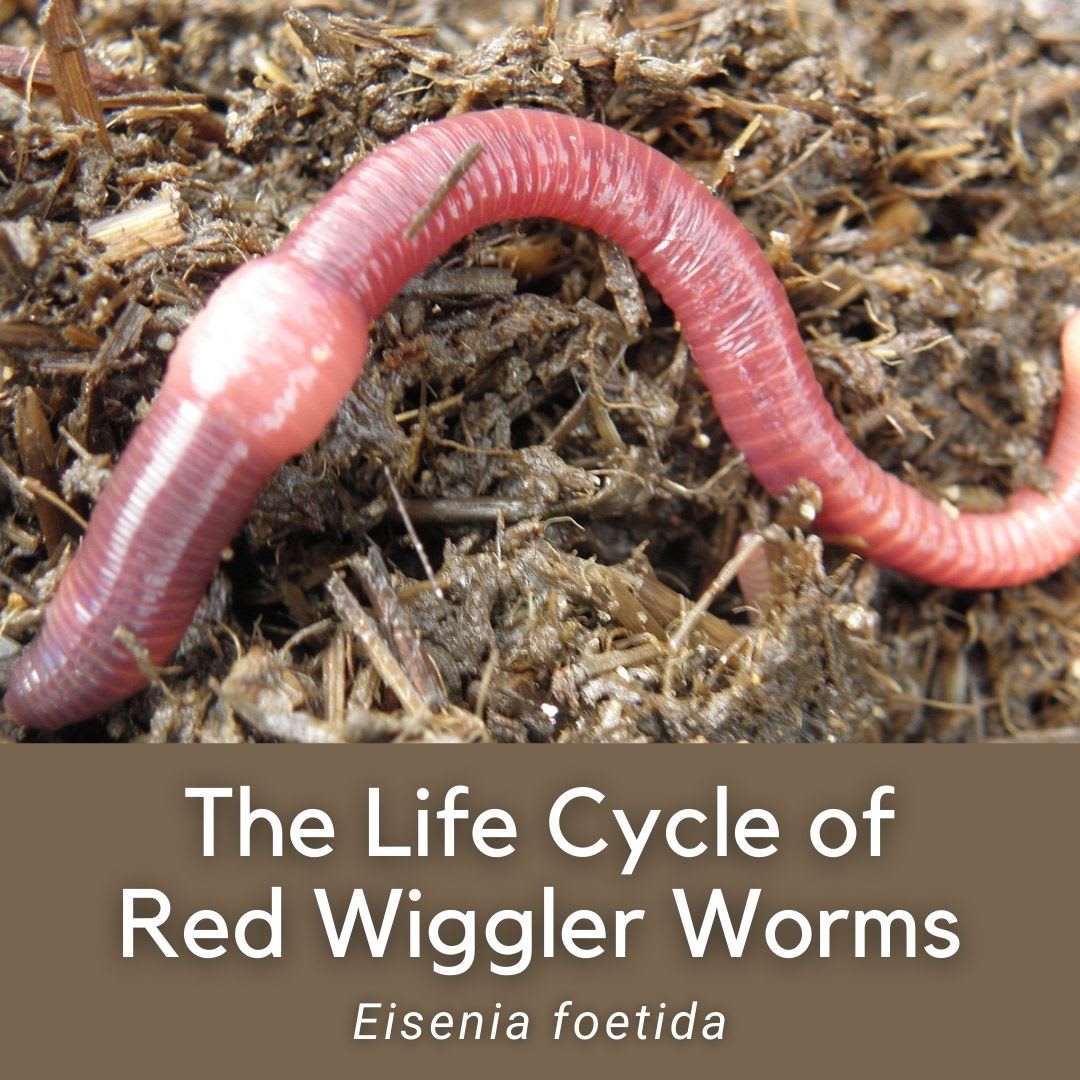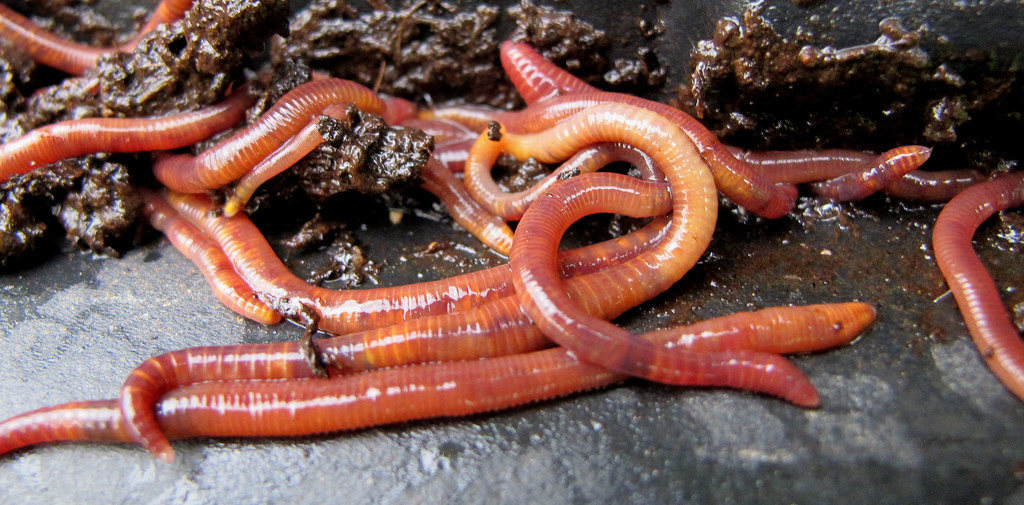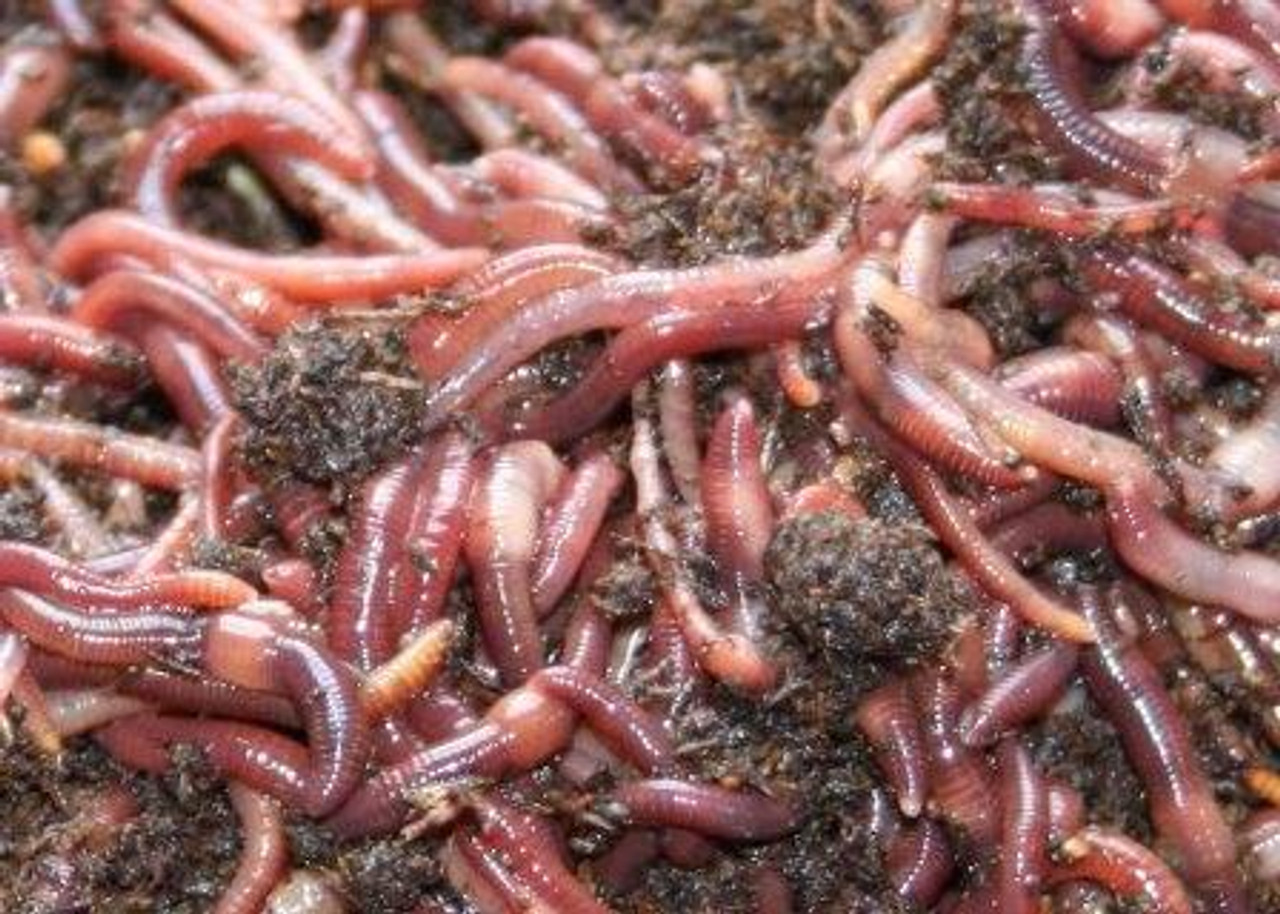Red Wiggler Express: High-Quality Worms Delivered Fast
Red Wiggler Express: High-Quality Worms Delivered Fast
Blog Article
Red Wigglers 101: Every Little Thing You Need to Know for Thriving Gardens
Red wigglers, or Eisenia fetida, play an important duty in sustainable gardening methods, functioning as effective decomposers that convert natural waste into useful vermicompost. Recognizing their environment, dietary choices, and the myriad advantages they use can change your gardening method (Red Wiggler Express). As these worms thrive in specific conditions, their care and administration are essential for optimizing their contributions to dirt health and wellness. The concern stays: what steps can you require to harness the complete possibility of these amazing microorganisms in your very own garden?
Recognizing Red Wigglers

Red wigglers thrive in atmospheres rich in natural product and moisture. Red Wiggler Express. They possess a distinct digestion system that allows them to process food scraps swiftly, secreting spreadings that are packed with crucial nutrients such as nitrogen, phosphorus, and potassium. These castings improve soil structure, boost water retention, and foster helpful microbial activity, all of which add to durable plant wellness
Additionally, red wigglers can make it through in varied problems, making them versatile to numerous gardening methods, consisting of interior and exterior composting systems. Their capability to eat huge amounts of natural waste daily settings them as beneficial allies for both home garden enthusiasts and commercial growers. By integrating red wigglers right into gardening efforts, one can substantially enhance dirt fertility and support lasting gardening methods.
Perfect Environment for Red Wigglers
Producing an optimum environment for red wigglers is crucial for optimizing their composting capacities and general health and wellness. Red wigglers prosper in damp, dark, and well-aerated habitats, which carefully resemble their all-natural atmospheres in leaf litter and rotting organic matter. A suitable habitat must offer a temperature range between 55 ° F and 77 ° F(13 ° C to 25 ° C), as extreme temperatures can stress or harm the worms.
The bed linen material, such as shredded newspaper, cardboard, or coconut coir, should be maintained damp but not excessively damp, as excessive dampness can result in anaerobic conditions harmful to worm health. Furthermore, a pH degree between 6.0 and 7.5 is suitable, guaranteeing a well balanced environment.
Correct oygenation is equally vital; it permits for oxygen circulation and protects against the buildup of unsafe gases. A container or bin created for vermicomposting need to have drainage openings to remove excess moisture and advertise air flow. Regular surveillance of these conditions is important for keeping a growing red wiggler population, eventually improving their efficiency in damaging down organic waste and enriching yard dirt.
Dietary Requirements and Preferences

Red wigglers exhibit particular choices; they are specifically keen on softer, disintegrating materials over more challenging or even more fibrous compounds. It is necessary to avoid feeding them citrus peels, onion, and garlic in big quantities, as these can be harmful. Furthermore, meat, dairy, and oily foods must be omitted, as they can draw in bugs and produce undesirable odors.
(Charlotte NC Worms For Sale)To keep ideal wellness, a balanced read review mix of green and brownish materials is recommended. Green materials, such as vegetable scraps, give nitrogen, while brown materials, like cardboard and dried out fallen leaves, supply carbon. Checking the moisture material and making certain a consistent food supply will additionally improve their development and composting abilities. By providing to their dietary requirements, garden enthusiasts can foster a prospering populace of red wigglers in their garden compost systems.
Benefits of Making Use Of Red Wigglers
The remarkable advantages of making use of red wigglers in horticulture expand much beyond their function in composting. These functional organisms contribute considerably to soil wellness, enhancing nutrition accessibility and promoting microbial task. By aerating the soil as they burrow, red wigglers boost water drainage and root penetration, producing an optimum atmosphere for plant growth.
Additionally, red wigglers are reliable recyclers of organic waste, converting it right into nutrient-rich castings that act as an excellent all-natural plant food. These spreadings include useful microorganisms and crucial nutrients, such as nitrogen, phosphorus, and potassium, which are important for plant development. The slow-moving release of nutrients from worm spreadings makes sure a steady supply, minimizing the risk of nutrient leaching and promoting lasting horticulture techniques.
Furthermore, the presence of red wigglers can assist suppress soil-borne plant illness. Their digestion processes produce substances that hinder unsafe microorganisms, thereby improving plant wellness. Lastly, using red wigglers promotes an extra sustainable horticulture approach by reducing reliance on chemical plant foods and advertising a closed-loop system, where waste is transformed into useful resources. On the whole, incorporating red wigglers into horticulture methods offers a multitude of environmental and farming benefits.
(Red Wiggler Express)
Composting With Red Wigglers

To start an effective vermicomposting system, pick a suitable container with appropriate air flow and water drainage. The excellent environment for red wigglers includes a damp, dark setting with temperature levels in between 55 ° F and 77 ° F. Begin by layering shredded paper, cardboard, and food scraps, ensuring a balanced mix of carbon and nitrogen-rich materials.
Red wigglers prosper on veggie peels, fruit scraps, coffee premises, and eggshells, while staying clear of meat, milk, and oily foods that can draw in parasites. Routinely keep an eye on wetness degrees; the bedding needs to be damp but not soaked. Harvest worm spreadings every few months by separating the worms from the compost, which can then be made use of straight in yards or saved for later use.
Implementing vermicomposting not just lowers land fill waste however likewise enhances garden soil, advertising healthy and balanced plant development and lasting horticulture techniques. Welcome this environment-friendly technique to enhance your gardening undertakings.
Verdict
In recap, red wigglers are important organisms for boosting yard efficiency through efficient composting. Their specific environment demands, dietary preferences, and significant advantages add to sustainable horticulture techniques. By using red wigglers, gardeners can considerably improve dirt high quality and nutrient availability, cultivating healthier plant growth. Welcoming the method of vermicomposting not only sustains waste reduction yet additionally promotes an ecological equilibrium within garden ecosystems, inevitably causing flourishing and resistant gardens.
Report this page